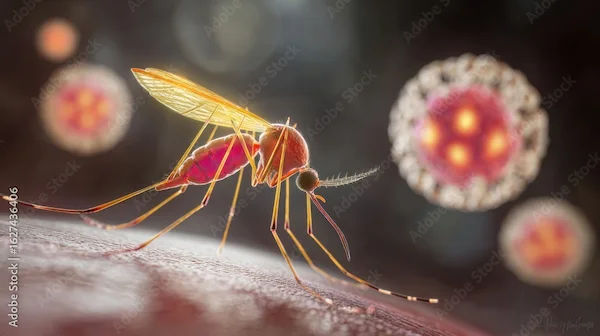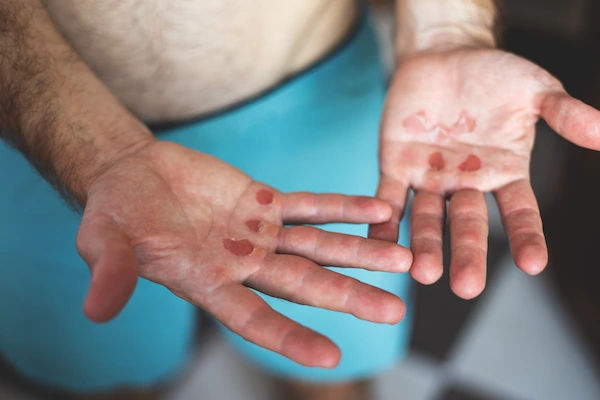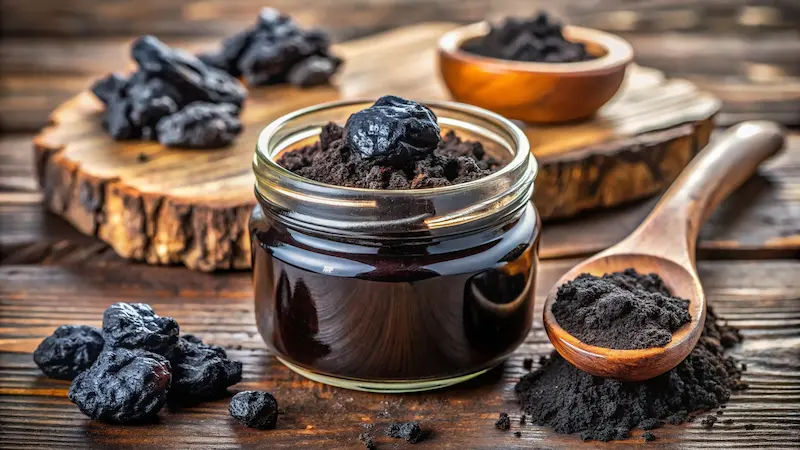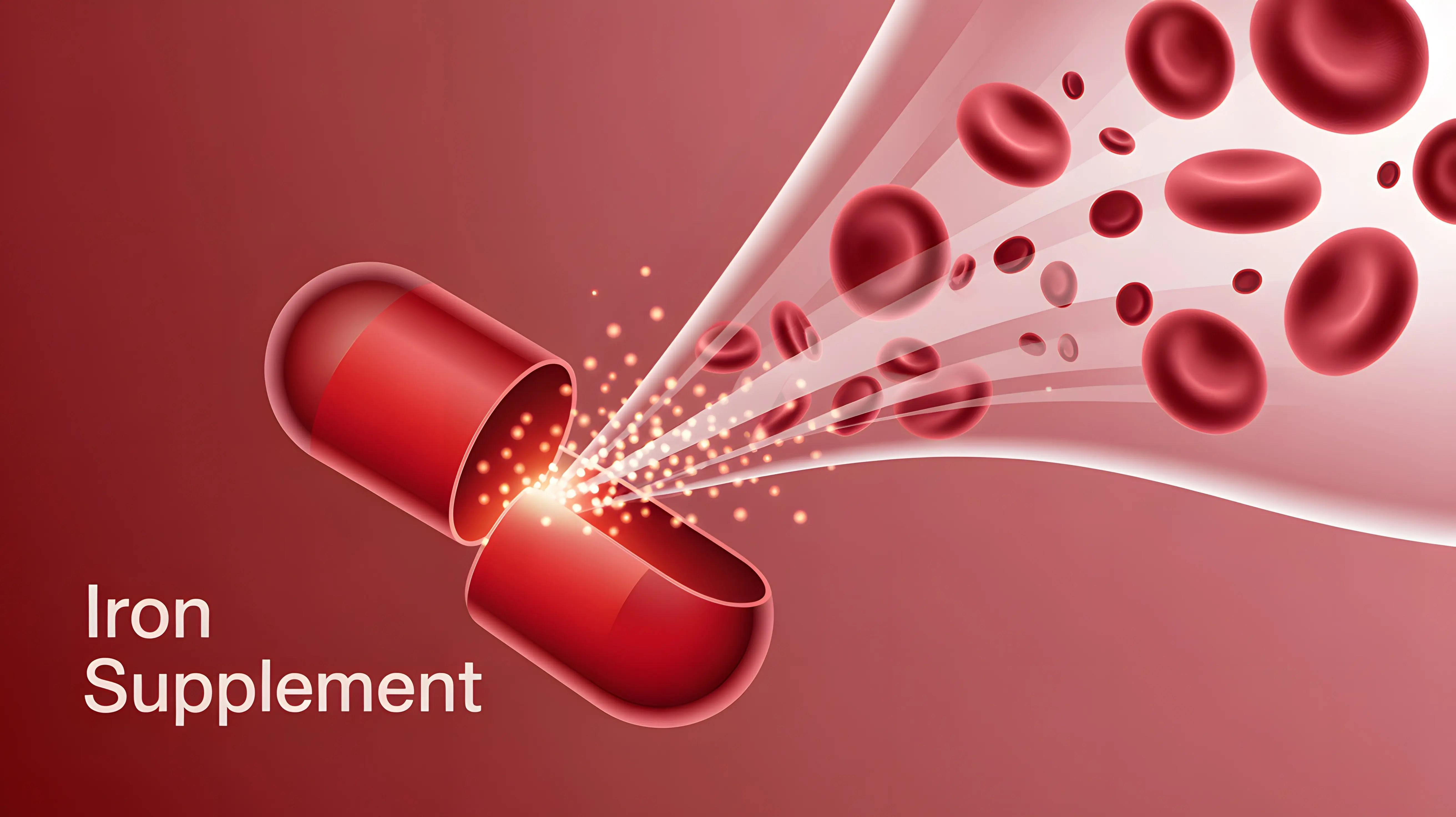Foods and Habits to Avoid If You Have Anemia
Learn anemia diet restrictions and what not to eat anemia. See foods and habits that block iron—and smart timing tips to help your treatment work.

Written by Dr. Dhankecha Mayank Dineshbhai
Reviewed by Dr. Vasanthasree Nair MBBS
Last updated on 13th Jan, 2026

Introduction
Anemia is common and can make you feel tired, short of breath, and less able to concentrate. If you’ve been diagnosed, it’s natural to wonder about anemia diet restrictions and what not to eat anemia—especially when you’re taking iron or other treatments. The right timing of certain foods and habits can make a real difference in how well your body absorbs iron and how fast you feel better.
Not all anemias are the same. Iron-deficiency anemia is the most common type, but others—like vitamin B12 deficiency anemia, folate deficiency anemia, anemia of chronic disease, thalassemia, and hemolytic anemias—need different treatments. This guide focuses on foods and habits that can interfere with iron absorption and offers special notes for other anemia types. Always follow your clinician’s advice for your specific diagnosis.
How what—and when—you eat affects anemia?
- Heme vs. non-heme iron: Animal foods (meat, poultry, fish) provide heme iron, which your body absorbs more easily. Plant foods (beans, lentils, spinach, fortified grains) carry non-heme iron, which is more sensitive to absorption blockers.
- Vitamin C helps: Pairing iron-rich foods or supplements with vitamin C (for example, citrus, strawberries, bell peppers, tomatoes) boosts non-heme iron absorption.
- Several common foods, drinks, and supplements can block iron when taken at the same time. Small timing tweaks usually solve the problem.
Anemia diet restrictions: Foods and drinks to limit or time carefully
The goal isn’t to “ban” these foods—many are healthy. Instead, separate them from your iron supplement or iron-rich meals by about 1–2 hours (your clinician may advise up to 2–4 hours in some cases).
1) Coffee, black/green tea, and some herbal teas
- Why: Polyphenols and tannins in coffee and tea can reduce iron absorption, especially for plant-based (non-heme) iron.
- What to do: Enjoy coffee or tea between meals, not with your iron pill or iron-rich meals. Aim for at least 1–2 hours before or after iron.
2) Milk, yogurt, cheese, calcium-fortified drinks, and calcium supplements
- Why: Calcium competes with iron absorption (both heme and non-heme).
- What to do: Take iron with water or a vitamin C–rich beverage instead of milk. If you use calcium supplements, separate them from iron by at least 2 hours.
3) High-fiber bran cereals, unsoaked whole grains, legumes, and nuts
- Why: Phytates (phytic acid) in bran, whole grains, legumes, and nuts can bind iron and reduce absorption.
- What to do: Soaking, sprouting, or fermenting grains and legumes lowers phytates. Pair plant iron with vitamin C foods. Time bran-heavy cereals away from iron.
4) Soy foods (especially unfermented)
- Why: Soy (like other legumes) contains phytates that can hinder iron absorption.
- What to do: Fermented soy (tempeh, miso) is often easier on iron absorption than unfermented forms. Time tofu, soy milk, and soy protein supplements away from iron.
5) Cocoa/chocolate and red wine
- Why: Polyphenols can impede iron absorption.
- What to do: Enjoy them at times when you’re not taking iron or eating an iron-rich meal.
6) Eggs
- Why: Compounds in egg yolk can inhibit iron absorption to a modest degree.
- What to do: If you take an iron supplement, avoid eating eggs in the hour or two around your dose.
7) Certain medicines and supplements
- Why: Antacids and acid-reducing medications (like PPIs) can lower non-heme iron absorption. Calcium, some antibiotics, and thyroid medication can also interact with iron.
- What to do: Ask your clinician or pharmacist about timing. Common advice is to separate iron from antacids/PPIs, calcium, and some medications by at least 2 hours; follow your prescriber’s specific instructions.
Consult Top Specialists
What not to eat for anemia: Special cases you should know?
“Anemia” isn’t one condition. Diet steps differ if your anemia is not due to iron deficiency.
Do not take extra iron unless your clinician recommends it
- Why: If your anemia isn’t caused by iron deficiency (for example, anemia of chronic disease, hemolytic anemia, or most B12/folate deficiencies), extra iron won’t fix it and could be harmful.
Anemia with iron overload
- What to avoid: Iron supplements unless prescribed. Your clinician may also advise limiting iron-fortified foods and high-dose vitamin C supplements, which increase iron absorption.
- What to do: Work with your specialist on a tailored plan. Never start iron on your own.
Vitamin B12 deficiency anemia
- What to avoid: Relying only on unfortified plant foods for B12, which can worsen deficiency over time.
- What to do: Use B12-fortified foods and/or supplements as prescribed. Some people need B12 injections (for example, pernicious anemia or after certain stomach surgeries).
Folate deficiency anemia
- What to avoid: Heavy alcohol use, which interferes with folate absorption and blood cell production.
- What to do: Follow your provider’s advice on folic acid and diet while limiting alcohol.
Habits to avoid so your anemia treatment works better
- Taking iron with blockers: Avoid pairing your iron pill with coffee, tea, milk/dairy, calcium supplements, high-fiber bran cereals, or eggs. Use water or a vitamin C–rich drink instead.
- Skipping or changing doses: Don’t stop or switch brands without checking with your clinician. If iron upsets your stomach, ask about a different formulation or dose timing (sometimes every-other-day dosing is advised).
- Pairing iron with acid reducers: Antacids and PPIs can reduce non-heme iron absorption. Separate dosing as directed by your clinician or pharmacist.
- Overusing NSAIDs (like aspirin, ibuprofen, naproxen): These can contribute to stomach irritation or bleeding, worsening iron loss. Use only as directed.
- Smoking and vaping: These reduce oxygen delivery and strain your heart and lungs, which can worsen anemia symptoms.
- Heavy alcohol use: Alcohol can irritate the GI tract (increasing bleeding risk) and suppress bone marrow.
- Pica (eating non-food items like clay, ice, starch): This can worsen anemia and cause other health problems. Tell your provider if you have cravings—help is available.
Smart swaps and timing tips that make a big difference
Time your beverages:
- Coffee/tea: Enjoy them mid-morning or mid-afternoon, not with meals or iron. Aim for a 1–2 hour buffer.
- Dairy/calcium drinks: Have them with meals that are not focused on iron, or later in the day if you take iron in the morning.
Take iron the “easy” way:
- With water or vitamin C: A small glass of orange juice or eating vitamin C–rich produce with your dose can help.
- Empty stomach if you can: Iron absorbs best on an empty stomach, but if it upsets your stomach, a small snack that’s low in calcium and not tea/coffee is reasonable; ask your clinician for personalized guidance.
Build smarter meals:
- Pair plant iron + vitamin C: Beans with tomatoes or bell peppers; lentil salad with lemon; oatmeal topped with strawberries or kiwi (and save milk for later).
- Combine heme with non-heme iron: A small amount of meat, poultry, or fish can enhance absorption of iron from plant foods in the same meal.
- Prep methods: Soak/sprout beans and whole grains, or use fermented breads (like sourdough) to reduce phytates.
For vegetarians and vegans:
- Plan vitamin B12: Use B12-fortified foods (nutritional yeast, fortified plant milks, breakfast cereals) and/or a supplement as advised by your clinician.
- Mind tea/coffee timing: Give your iron-rich meals and supplements some space from tea and coffee.
Consult Top Specialists
When to call your healthcare provider?
- You have severe fatigue, shortness of breath, chest pain, dizziness, fainting, rapid heartbeat, or pale/blue-tinged lips or nail beds.
- You notice black or bloody stools (possible bleeding).
- Your symptoms aren’t improving after a few weeks of treatment.
- You’re pregnant, planning pregnancy, or have a chronic condition (like kidney disease, inflammatory bowel disease, or thalassemia).
- You’re unsure whether iron is right for your type of anemia. Don’t self-start iron without testing and guidance.
Quick recap
With a few targeted changes—mainly timing coffee/tea, dairy/calcium, high-bran cereals, and certain meds away from iron—you can improve absorption and support recovery. Keep these anemia diet restrictions in mind, and when you’re wondering what not to eat anemia, think “delay, don’t deny”: most items are fine when you give them space from iron.
Consult Top Specialists

Ms. Sushma Jaiswal
Dietician
42 Years • M.Sc.(Food & Nutrition)
Bengaluru
Swasthya Nutrition, Bengaluru

Ms Malabika Datta
Dietician
19 Years • Bsc (Clinical Nutrition & Dietetics), Msc (Dietetics & Food Service Management)
Kolkata
Malabika’s Diet Clinic, Kolkata

Ms. Neelanjana J
Dietician
5 Years • Bsc., Msc. Nutrition and Dietetics specialised general weight management, PCOS/PCOD weight loss and Diabetes management. A clinical dietitian with 4+ year experience specializing in evidence-based, result-oriented nutrition therapy. I have extensive experience in weight loss, thyroid management, PCOD/PCOS, weight gain, and diabetes & prediabetes care. My approach is personalized, practical, and sustainable—focusing on helping individuals achieve long-term lifestyle change rather than quick fixes. I work closely with clients to understand their medical history, lifestyle, and goals, and then design customized diet plans that support hormonal balance, metabolic health, and overall wellbeing. My goal is to make nutrition simple, realistic, and effective—so you see measurable results and feel your healthiest self.Auther in Health benefits of jackfruit (Artocarpus heterophyllus Lam.) seeds: A review (2023) The Pharma Innovation Journal Co- Auther in Malnutrition in Women: A review (2023) The Pharma Innovation Journal. Highfield Level 3 in HACCP. Highfield Level 4 International Award in Food Safety Managment
Bengaluru
Apollo Clinic, JP nagar, Bengaluru

Dr Darshana R
General Physician/ Internal Medicine Specialist
15 Years • MBBS, MD, DNB (Internal Medicine), Diploma in Allergy, Asthma and Immunology , Fellowship in Diabetes
Bengaluru
Apollo Clinic, JP nagar, Bengaluru
(125+ Patients)
Ms Chetu Singhi
Dietician
20 Years • MSC Dietetics & Nutrition
Kolkata
RB Diagnostic - Dietician Diet2fit Chetu Singhi, Kolkata
Consult Top Specialists

Ms. Sushma Jaiswal
Dietician
42 Years • M.Sc.(Food & Nutrition)
Bengaluru
Swasthya Nutrition, Bengaluru

Ms Malabika Datta
Dietician
19 Years • Bsc (Clinical Nutrition & Dietetics), Msc (Dietetics & Food Service Management)
Kolkata
Malabika’s Diet Clinic, Kolkata

Ms. Neelanjana J
Dietician
5 Years • Bsc., Msc. Nutrition and Dietetics specialised general weight management, PCOS/PCOD weight loss and Diabetes management. A clinical dietitian with 4+ year experience specializing in evidence-based, result-oriented nutrition therapy. I have extensive experience in weight loss, thyroid management, PCOD/PCOS, weight gain, and diabetes & prediabetes care. My approach is personalized, practical, and sustainable—focusing on helping individuals achieve long-term lifestyle change rather than quick fixes. I work closely with clients to understand their medical history, lifestyle, and goals, and then design customized diet plans that support hormonal balance, metabolic health, and overall wellbeing. My goal is to make nutrition simple, realistic, and effective—so you see measurable results and feel your healthiest self.Auther in Health benefits of jackfruit (Artocarpus heterophyllus Lam.) seeds: A review (2023) The Pharma Innovation Journal Co- Auther in Malnutrition in Women: A review (2023) The Pharma Innovation Journal. Highfield Level 3 in HACCP. Highfield Level 4 International Award in Food Safety Managment
Bengaluru
Apollo Clinic, JP nagar, Bengaluru

Dr Darshana R
General Physician/ Internal Medicine Specialist
15 Years • MBBS, MD, DNB (Internal Medicine), Diploma in Allergy, Asthma and Immunology , Fellowship in Diabetes
Bengaluru
Apollo Clinic, JP nagar, Bengaluru
(125+ Patients)
Ms Chetu Singhi
Dietician
20 Years • MSC Dietetics & Nutrition
Kolkata
RB Diagnostic - Dietician Diet2fit Chetu Singhi, Kolkata
More articles from General Medical Consultation
Frequently Asked Questions
Can I drink coffee if I have anemia?
Yes—just not with your iron supplement or iron-rich meals. Aim to have coffee 1–2 hours before or after iron, because coffee’s polyphenols can reduce absorption.
Do I need to avoid dairy completely?
No. Dairy is nutritious, but calcium competes with iron absorption. Enjoy milk, yogurt, cheese, or calcium supplements at a different time than your iron or iron-focused meals (separate by about 2 hours).
Is spinach a good source of iron?
Spinach contains iron, but much of it is non-heme iron that’s bound by oxalates, making it less absorbable. Pair spinach with vitamin C–rich foods (e.g., lemon, tomatoes, bell peppers) and include other iron sources too.
Should I take my iron supplement with food or on an empty stomach?
Iron absorbs best on an empty stomach with water or vitamin C. If it upsets your stomach, taking it with a small snack that’s low in calcium and not tea/coffee can help. Ask your clinician about the best formulation and timing for you.
If I have anemia, should I avoid iron-rich foods?
If your anemia is due to iron deficiency, iron-rich foods are encouraged. If you have anemia with iron overload (such as some thalassemias) or another non-iron-deficiency cause, do not add iron unless your clinician tells you to.




